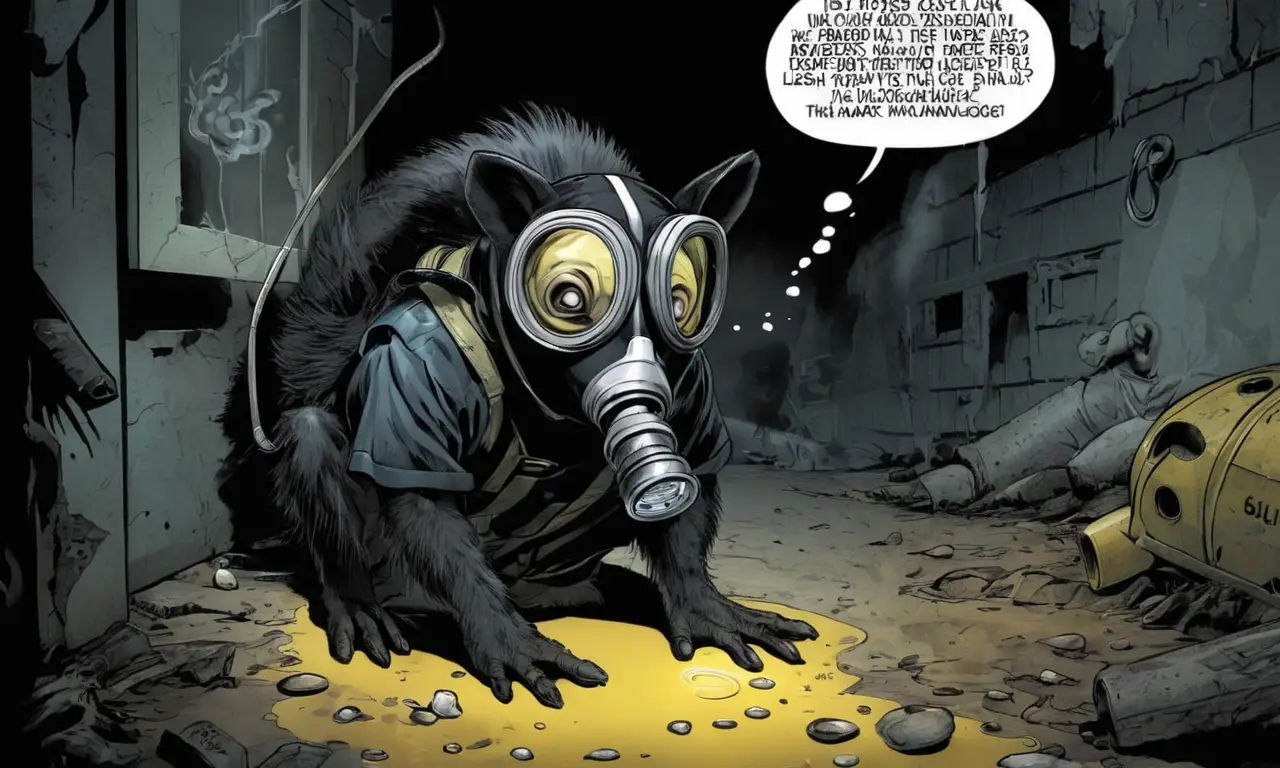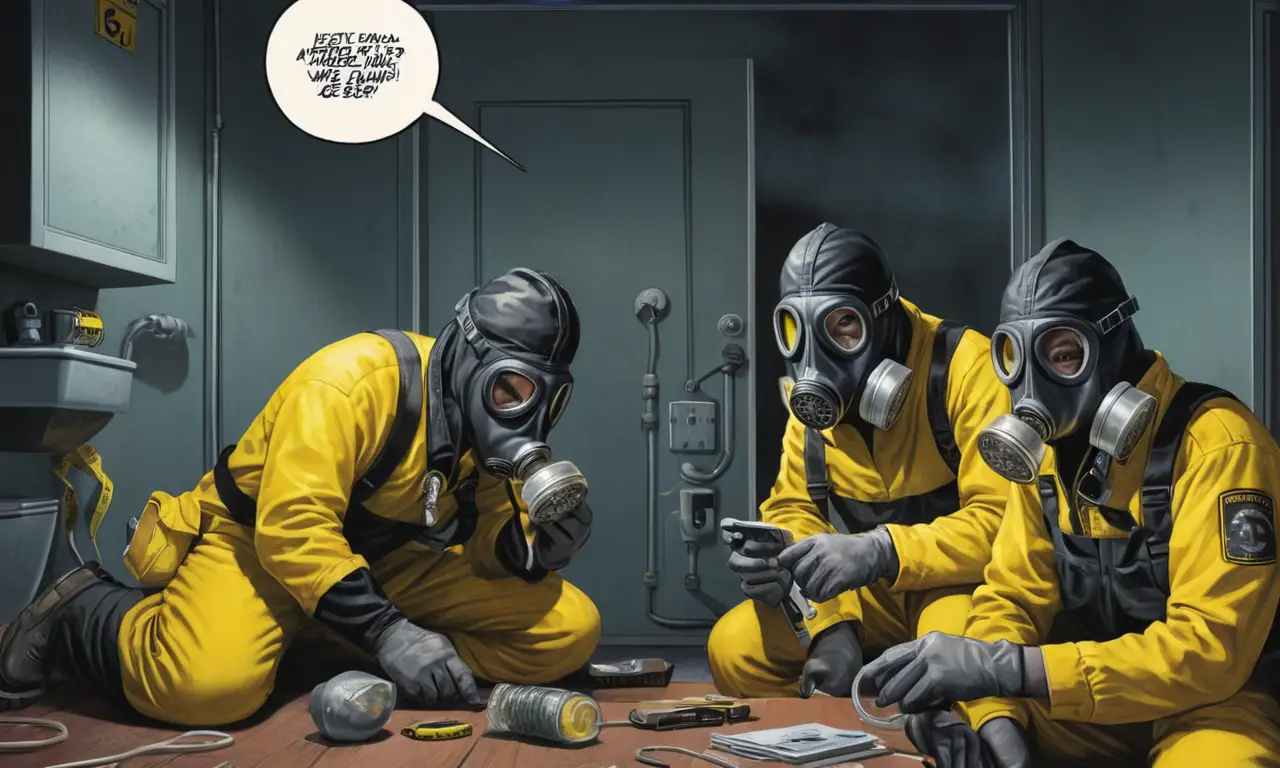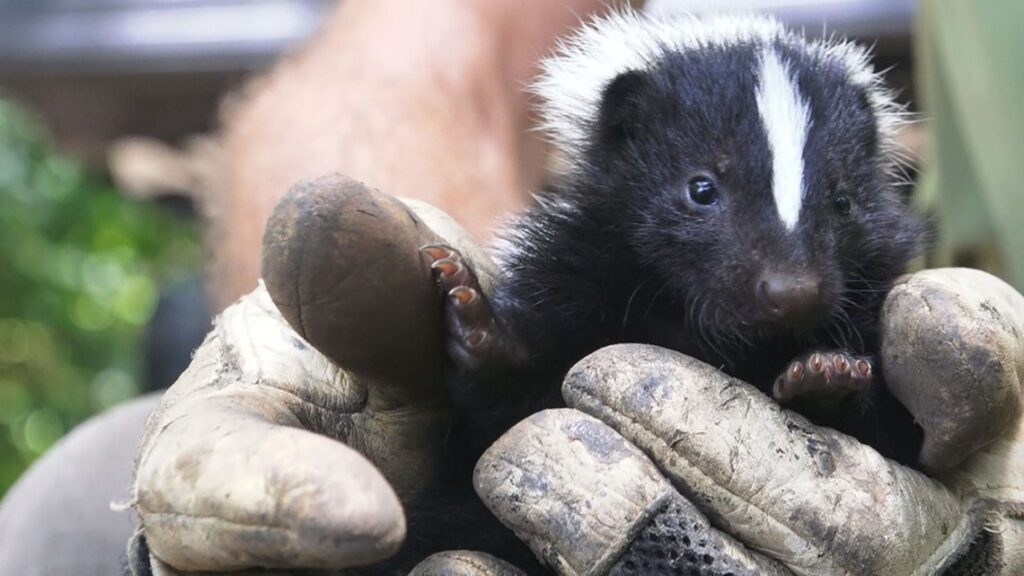Many people wonder if a gas leak smells like skunk. The truth is, natural gas often has a distinct odorant added to it that resembles the smell of skunks. This intentional addition makes it easier for individuals to detect potential leaks and take necessary safety precautions. This article will delve into the specifics of gas leak smells, compare them to skunk odors, and provide crucial information on how to identify and respond to gas leaks safely.
Gas Leak Smell
Natural gas itself is odorless, making it incredibly dangerous if undetected. To mitigate this risk, utility companies add a chemical called mercaptan to natural gas. Mercaptan has a strong, pungent smell often described as rotten eggs or sulfurous. This added odorant serves as a warning signal, alerting people to the presence of a potential gas leak.
The intensity of the smell can vary depending on the concentration of gas and the individual’s sensitivity. Some individuals might detect even faint traces of mercaptan, while others may require a stronger concentration to notice the odor. Regardless of the perceived strength, any unusual or unfamiliar smell resembling rotten eggs or sulfur should be taken seriously as a potential gas leak.
Skunk Odor Comparison

The added odorant in natural gas is often compared to the smell of skunks due to its strong, pungent, and somewhat similar sulfurous nature. While both smells share similarities, there are subtle differences.
Skunk spray typically has a more musky and acrid scent, while the odor of mercaptan in natural gas tends to be sharper and more metallic. However, for most people, the resemblance is strong enough to trigger an association with skunks when encountering a potential gas leak.
Detecting Gas Leaks
Being able to identify a gas leak quickly and accurately is crucial for ensuring safety. Pay attention to any unusual smells in your home or business, particularly those resembling rotten eggs or sulfur.
Common Signs of a Gas Leak:
- Smell: The most common indicator is the distinct odor of mercaptan, often described as smelling like rotten eggs or skunk.
- Hissing or whistling sounds: These noises can indicate escaping gas from pipes or appliances.
- Dead or dying vegetation: Gas leaks can suffocate plants near the source.
- Bubbles in standing water: If you see bubbles forming in sinks, tubs, or puddles, it could signal a leak in your plumbing system.
Safety Precautions

If you suspect a gas leak, prioritize safety above all else. Avoid using any electrical appliances, lighting matches, or smoking as these actions can ignite escaping gas.
Immediate Actions:
- Evacuate the area immediately: Leave your home or business and move to a safe distance.
- Do not re-enter until cleared by authorities: Once you are safely away, call your local gas company or emergency services to report the leak.
Evacuation Procedures
When evacuating due to a suspected gas leak, follow these steps:
- Alert everyone in the building: Warn occupants of the potential danger and instruct them to evacuate immediately.
- Leave quickly and calmly: Do not take unnecessary belongings or linger inside.
- Close doors behind you: This helps contain the gas and prevent its spread.
- Gather at a safe distance: Once outside, move away from the building and establish a designated meeting point for everyone.
- Call emergency services: Dial your local gas company or 911 to report the leak and request assistance.
Conclusion
Understanding the smell of a gas leak is crucial for ensuring safety. The added odorant in natural gas often resembles the smell of skunks, making it easier to detect potential leaks. If you suspect a gas leak, immediately evacuate the area and contact your local gas company or emergency services. Remember, prompt action can prevent potentially dangerous situations and protect lives.



